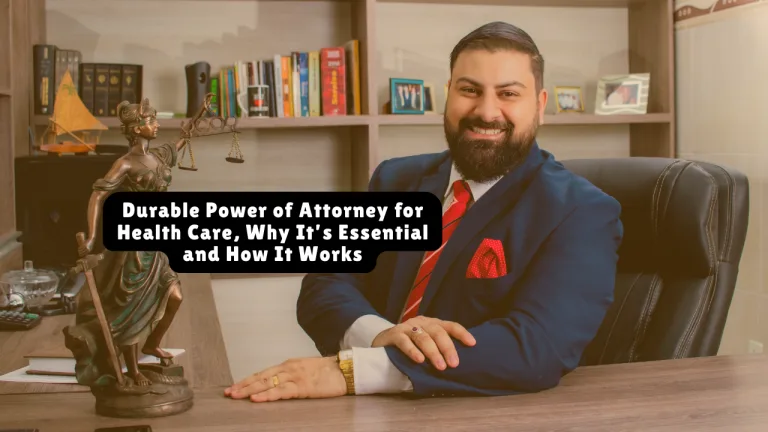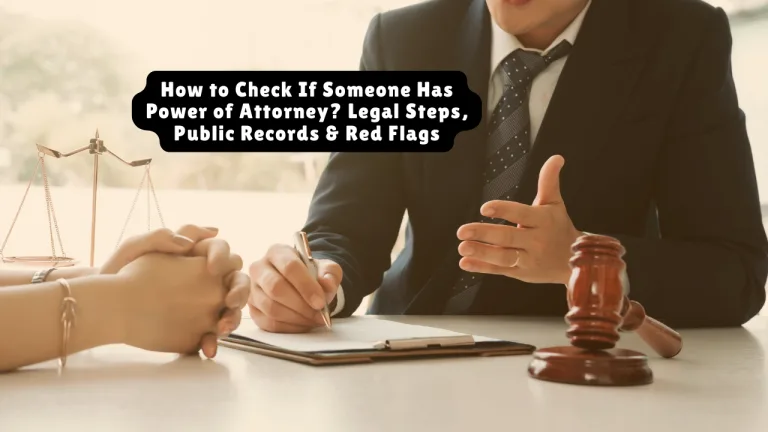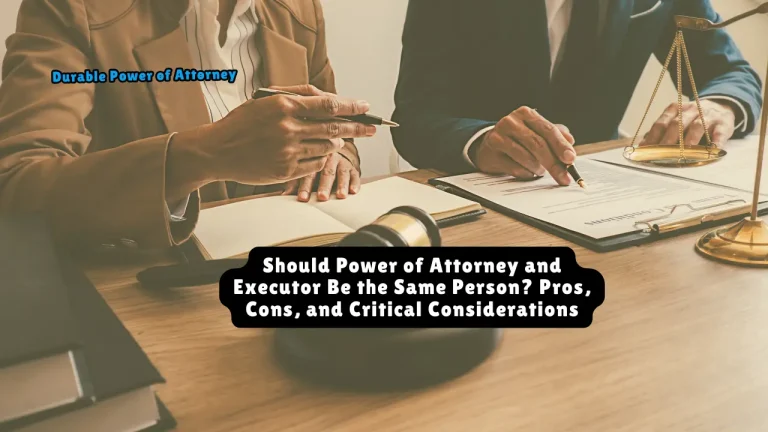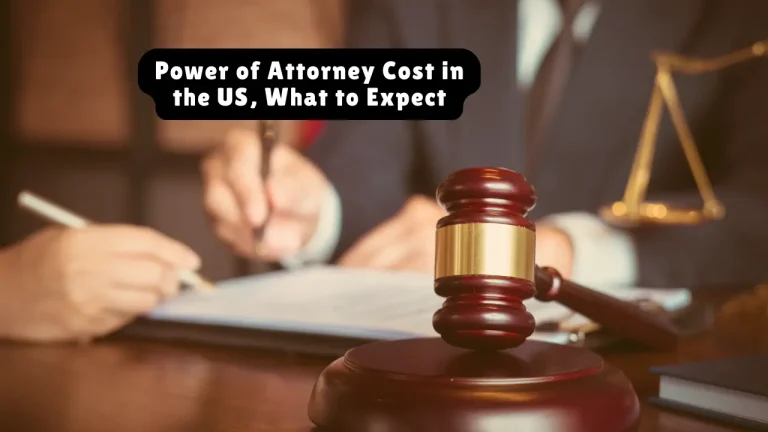Durable Power of Attorney for Health Care, Why It’s Essential and How It Works
When retired teacher Marjorie, diagnosed with advanced Parkinson’s, lost capacity after a fall, her sister struggled to locate Marjorie’s Durable Power of Attorney for Health Care amid hospital chaos—nearly delaying a critical decision about her feeding tube. This real-world scenario highlights the profound importance of this legal document, which ensures your voice is heard when…









